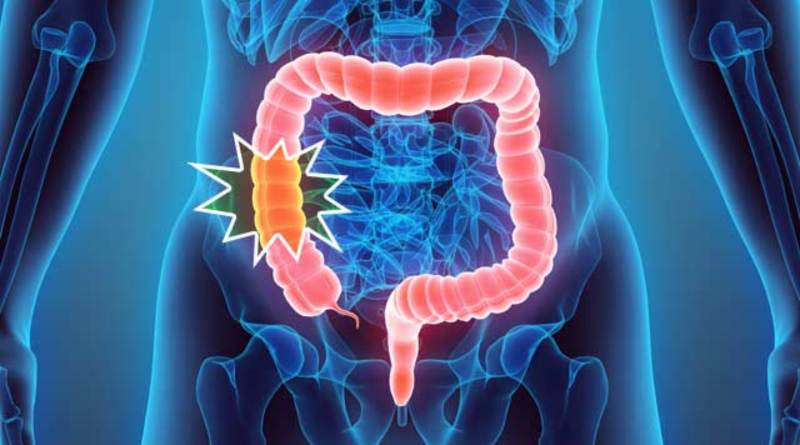Intestinal diseases encompass a range of conditions that affect the digestive system, specifically the intestines. These conditions can lead to discomfort, impaired nutrient absorption, and other digestive issues. The three common intestinal diseases are the following:
1. Irritable Bowel Syndrome (IBS):
IBS is a functional disorder characterized by abdominal pain, bloating, and changes in bowel habits. It does not cause structural damage to the intestines. The exact cause of IBS is unclear, but factors like stress, diet, and abnormal muscle contractions in the gut may contribute. Treatment involves dietary modifications, stress management, and medications to alleviate symptoms.
2. Inflammatory Bowel Disease (IBD)
IBD refers to chronic inflammation of the intestines, including Crohn’s disease and ulcerative colitis. These conditions cause persistent symptoms like abdominal pain, diarrhea, and weight loss. The immune system mistakenly attacks the intestinal lining, leading to inflammation. Genetic and environmental factors can influence IBD. Treatment may involve medications to control inflammation, dietary changes, and, in severe cases, surgery to remove affected areas of the intestines.
3. Celiac Disease
Celiac disease is an autoimmune disorder triggered by the consumption of gluten, a protein found in wheat, barley, and rye. In individuals with celiac disease, gluten triggers an immune response that damages the lining of the small intestine. Symptoms include diarrhea, bloating, fatigue, and weight loss. Treatment involves adopting a strict gluten-free diet, which allows the intestines to heal and reduces symptoms. It’s essential for individuals with celiac disease to read food labels carefully and avoid cross-contamination.
Conclusion
Intestinal diseases can significantly impact an individual’s quality of life. While irritable bowel syndrome (IBS) is a functional disorder, inflammatory bowel disease (IBD) and celiac disease involve chronic inflammation and immune system responses. Proper diagnosis and management, which may include dietary changes, medication, and lifestyle modifications, can help individuals effectively navigate and alleviate the symptoms associated with these conditions. Consulting a healthcare professional is crucial for accurate diagnosis and personalized treatment.













